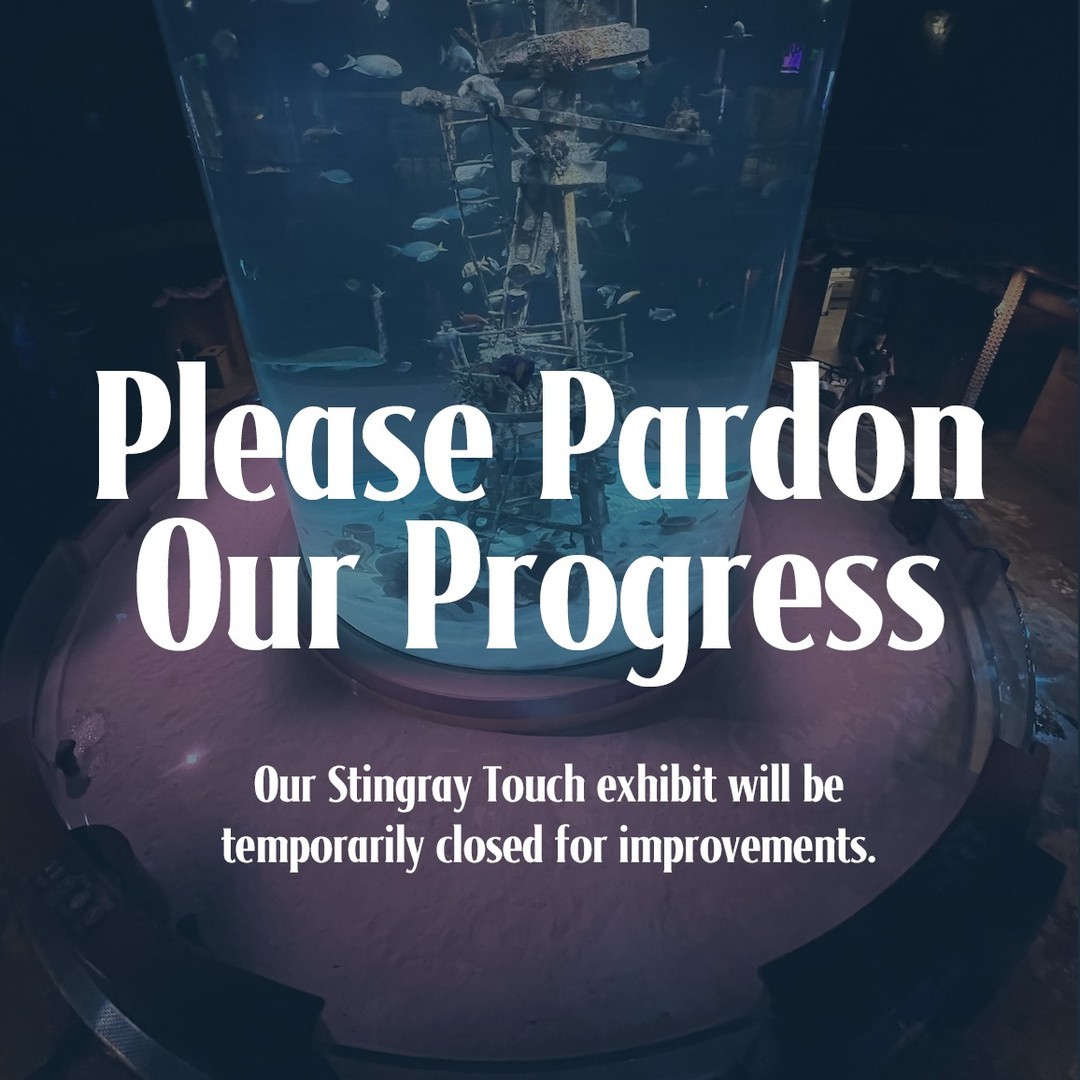– Updates to the Stingray Touch exhibit: What is expected and why it’s necessary.
– The well-being of stingrays in captivity: Understanding the needs of these unique creatures.
– The Virtual Aquarium as an alternative experience: Bridging the gap during exhibit refurbishments.
– Thoughtful zoo management: Balancing guest experience and animal care.
– The role of modern zoos in wildlife conservation.
—
Beginning today, April 3rd, the Stingray Touch exhibit will be temporarily inaccessible to guests as it undergoes significant enhancements. The decision to close the exhibit is part of an ongoing commitment by the management to provide both an educational and interactive environment for visitors and a safe, enriching habitat for the animals. While the touch exhibit is under refurbishment, the Virtual Aquarium will remain available, offering guests an immersive digital experience to engage with marine life.
The updates to the Stingray Touch exhibit are expected to include habitat improvements, technological advancements for interactive learning, and enhanced systems for maintaining water quality and animal health. These modifications are necessary for a multitude of reasons. For instance, as research advances our understanding of stingray behavior and physiology, habitats must evolve in tandem to reflect these findings and to provide the best care for these aquatic residents.
Understanding the needs of the stingrays is pivotal for their well-being in a captive setting. Stingrays are demersal fish, typically living on or near the ocean floor. They require spacious and enriched environments that mimic their natural habitats to thrive in a zoo or aquarium setting. Part of the improvements may likely involve optimizing the substrate, adjusting the water temperature and salinity, and installing better filtration systems to mimic natural conditions as closely as possible. These elements play a crucial role in promoting natural behaviors, which is critical for stingrays’ mental and physical health.
While the Stingray Touch exhibit is closed, the Virtual Aquarium is a testament to modern zoological institutions’ adaptability in delivering educational content. Utilizing digital displays, augmented reality, or video presentations, the Virtual Aquarium allows guests to learn about marine ecosystems and their species. It highlights how technology can supplement and enhance understanding of marine life, offering a different but equally valuable interaction with nature.
Zoo management is a delicate balance, constantly weighing guests’ desires for unique experiences against the imperative of animal welfare. Decisions on exhibit refurbishments are made with meticulous consideration of the impacts on both human visitors and resident animals. This balance is why communication with guests about the reasons and benefits behind temporary exhibit closures is key. This transparency informs the public and fosters a deeper appreciation for the ethical considerations inherent in zoo management.
Finally, modern zoos play an increasingly significant role in wildlife conservation. They are no longer places for human entertainment but serve as educational platforms and living laboratories for conservation research. Caring for species like stingrays involves contributing to their preservation in the wild. Through captive breeding programs, research initiatives, and educational outreach, the work done during and after exhibit enhancements often has positive, far-reaching effects on stingray conservation globally.
In the ever-progressing field of zoology, today’s exhibit closure marks not an end but an evolution—a stepping stone toward providing both animals and guests with a more immersive and educational experience. Upgrades such as these exemplify the ongoing mission of zoos: to foster a connection between humans and animals, encouraging stewardship of our natural world for generations to come.
*****
Source Description
Beginning today, April 3rd, our Stingray Touch exhibit will be closed for improvements. The Virtual Aquarium will still be open for guests to enjoy. We always strive to improve the experience for guests while keeping our animals’ wellbeing at the forefront. We apologize for any inconvenience.


